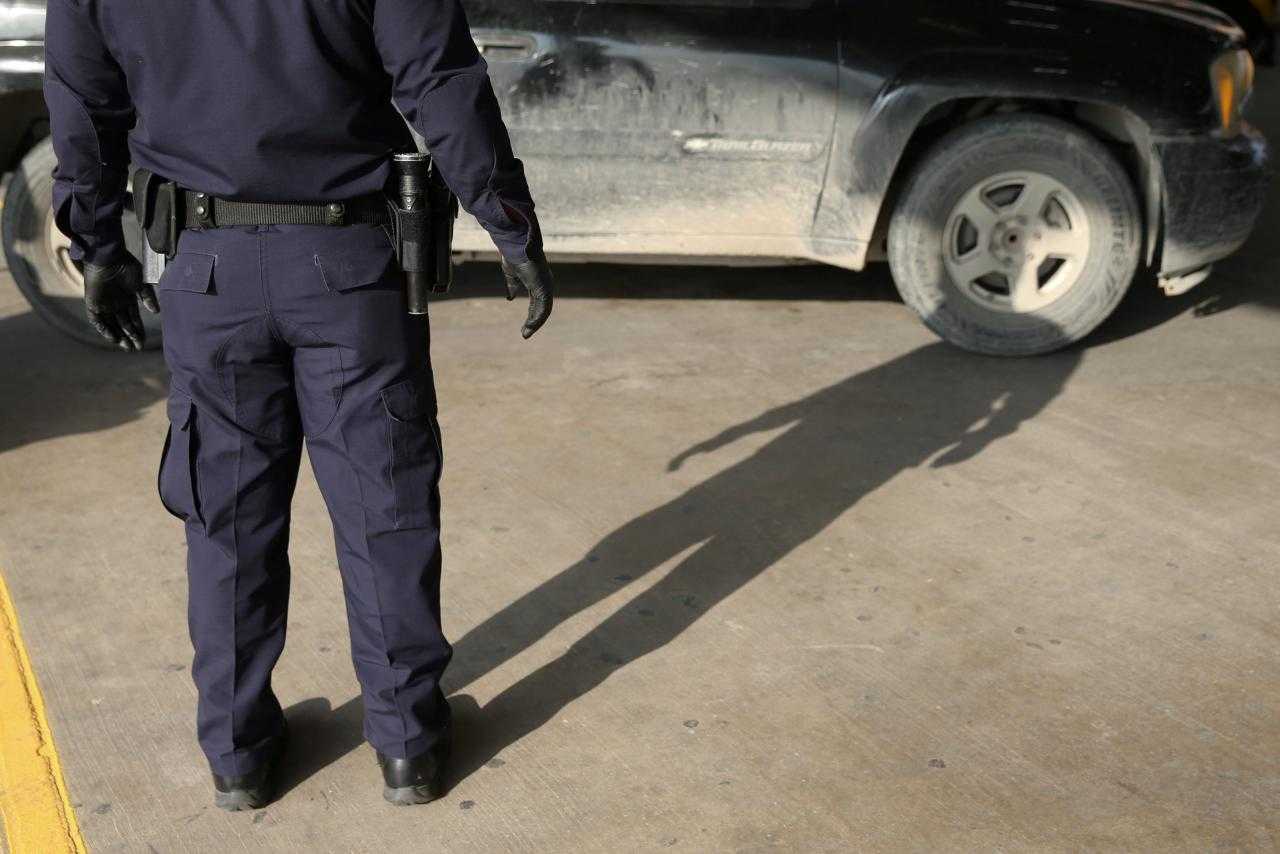
Candidates
|
Political Parties
|
US State Candidate
|
Congressional Candidates
|
Campaign Buttons
|
The Presidency
|
Election Calendar
|
Awards
Share the joy
Latest News
Politics
11 May 2018
EPA chief Pruitt's ethics issues have raised concerns: White House
Politics
11 May 2018
Key senator urges any wavering U.S. high court justice to retire now
Politics
11 May 2018
White House official mocked 'dying' Senator McCain: media
Politics
11 May 2018
Lawsuit against U.S. border searches of phones can move forward: judge
Politics
11 May 2018
Ex-Illinois congressman sentenced to prison on tax charges
Politics
11 May 2018
Trump administration to reconsider housing bias protections
Politics
10 May 2018
Companies detail payments to Trump lawyer; Daniels' attorney says there's more
Politics
10 May 2018
Concerns over U.S. court backlog grow with rising border prosecutions
Politics
10 May 2018
Trump's CIA pick promises no more harsh interrogation program
Politics
10 May 2018
Cheney, Panetta worry about consequences of Iran deal withdrawal
Politics
10 May 2018
Rebel House Republicans seek to force 'Dreamer' immigration vote
Politics
10 May 2018
3 Americans Freed From North Korea Arrive Near Washington
Politics
11 May 2018

Lawsuit against U.S. border searches of phones can move forward: judge
A federal judge on Thursday rejected the Trump administration's bid to dismiss a lawsuit challenging the federal government's growing practice of conducting warrantless searches on phones and laptops of Americans stopped at the border.
Lawsuit against U.S. border searches of phones can move forward: judge
A federal judge on Thursday rejected the Trump administration’s bid to dismiss a lawsuit challenging the federal government’s growing practice of conducting warrantless searches on phones and laptops of Americans stopped at the border.
U.S. District Judge Denise Capser in Boston ruled that the lawsuit by 11 travelers had raised a plausible claim that such border searches violate the U.S. Constitution’s Fourth Amendment protections against unreasonable searches and seizures.
While Casper described the law as unclear, she said the issue was not unlike a major privacy rights case the U.S. Supreme Court decided in 2014 in which it held police must obtain a warrant to search an arrested suspect’s cellphone.
The judge said that Supreme Court ruling “indicates that electronic devices implicate privacy interests in a fundamentally different manner than searches of typical containers or even searches of a person.”
“In sum, the Court is not persuaded that Plaintiffs have failed to state a plausible Fourth Amendment claim here,” Casper wrote.
She also rejected the government’s arguments that the plaintiffs, 10 U.S. citizens and one permanent resident, lacked standing to pursue the case.
The ruling was welcomed by the American Civil Liberties Union and the Electronic Frontier Foundation, which filed the lawsuit on behalf of the travelers, whose devices were searched by border officers as they re-entered the country.
“The court has rightly recognized the severity of the privacy violations that travelers face when the government conducts suspicionless border searches of electronics,” ACLU attorney Esha Bhandari said in a statement.
The U.S. Customs and Border Patrol (CBP) declined to comment.
According to the ACLU, the number of electronic device searches at the border has been increasing since 2016 and has grown even more during Republican President Donald Trump’s administration.
According to fiscal year data from the CBP, searches of electronic devices climbed from about 8,500 in 2015 to about 19,000 in 2016 and 32,000 2017.
The lawsuit was filed in September by travelers including a military veteran, a National Aeronautics and Space Administration engineer, two journalists and a computer programmer. Several of the plaintiffs are Muslim or minorities.
Generally in the United States, law enforcement is required to obtain a warrant before it can search an American’s electronic devices.
But a so-called border search exception allows federal authorities to conduct searches within 100 miles (160 km) of a U.S. border without a warrant.
Source :
Https://www.reuters.com/article/us-usa-immigration-privacy/lawsuit-against-u-s-border-searches-of-phones-can-move-forward-judge-iduskbn1ib2lx
You May also Like
 Home
Home



















